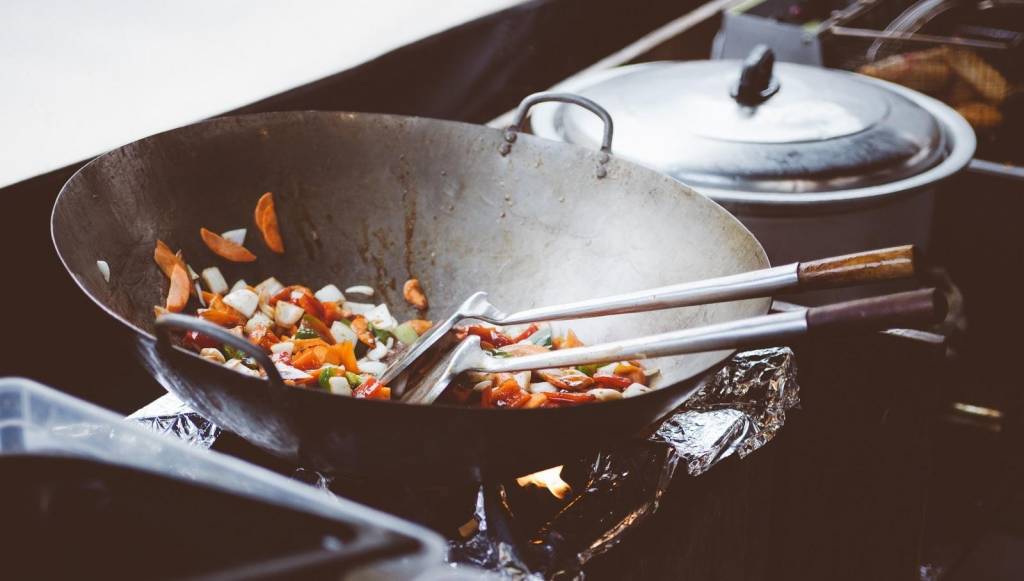Food contamination is a great problem that affects the food industry and also trickles down to the home setting. It occurs when the food you consume comes into contact with bacteria and other harmful substances that could affect your body.
Food contamination may occur at any stage from manufacturing to the point where you’re preparing the meals at home. Knowing how to deal with these contaminations and how to avoid them is crucial.
It will ensure that better prepared and well equipped to handle food the right way. When dealing with food, the best practices to adopt include;
Check Your Food Packaging Keenly
With the busy lives we lead, getting packed foods is becoming more convenient in terms of price and time spent cooking. With this in mind, you need to ensure that with every purchase you make, you are keen enough with it.
Be sure to check your package expiry date. This is one of the most important first steps but people often seem to miss it. Some stores will rarely go through their stock to remove all the expired food.
This means that if you’re not careful, you could end up buying something that is already expired. To avoid this, always check the expiration date and ensure it’s not around the corner.
The other thing is to check the condition of your food packaging. If you find that the seal is broken, then you should definitely stay away from it.
When it comes to cans, you may find some with dents and bulges. If this happens, then you should be wary because this could be a sign of bacterial contamination.
Avoid Cross-Contamination
This applies to both manufacturers and also the end consumer. For manufacturers, the need to ensure that you have dedicated spaces to deal with different food is essential. This will help prevent the introduction of different bacteria to the food you pack and deliver.
On the other hand, consumers also need to be very careful to ensure they deal with this too. For instance, when purchasing your foods, you need to make sure that they are packed in the right manner.
If your purchase includes raw meat of any kind and fresh produce, you should ensure the raw meat is packed appropriately. This is because the raw juice from the meat comes with bacteria and could easily affect the fresh produce if they get into contact.
Have your meat packed well in a separate shopping bag without including your fruits and vegetables. You should also try your best to apply the same when preparing the food. Use different chopping boards or clean the one you’re using frequently as you go through the foods.
Store Foods Safely

When it comes to the storage of food, it is important to be mindful of where certain foods are meant to be kept. Ensure that you refrigerate all the perishable foods as soon as you get home to ensure they don’t go stale.
Also, ensure that when putting your meat in the freezer it is done right. Your meat should not come into contact with other foods to avoid contamination. If you are in the food distribution business, the use of the cf8m ball valve comes in very handy.
It helps prevent any contaminations that may occur when dealing with liquids that are more prevalent to such occurrences.
Maintain High Levels of Cleanliness
To avoid food contamination, water plays a major role. First, you need to always ensure that you wash your hands thoroughly before handling any foods. This should be done before and after preparing your food to minimize the risk of food poisoning caused by contamination.
You should also ensure that the utensils and tools you’ll use as you prepare your food are always kept clean. Lastly, wash your fresh produce to get rid of all the bacteria. Fruits and vegetables are prone to dirt, fertilizer residue, and other forms of bacteria.
Ingesting these could lead to food poisoning which is why you should keep them clean. Remove all the damaged parts, and wash them under running water. Be very intentional and carefully remove every speck of dirt and any other forms of residue.
Avoid washing your meats because it could encourage the spread of bacteria that could contaminate other foods.
Cook With the Right Temperature

Depending on what you’re cooking, you need to ensure that you stick to the recommended temperature. This means that you’ll have to research and figure out the temperatures you’ll be working with.
This is mainly because bacteria can only grow and thrive under certain temperatures. If that is not available, then the bacteria dies which is why you have to get acquainted with the temperature levels.
In most cases, exposure to high heat levels will take care of all the bacteria. However, to avoid overcooking, or burning your food, be sure to figure out your ideal temperature.
Conclusion
Food contamination can set you back a great deal. If you run a restaurant or a food delivery business, this could lead to the loss of great clients. On the other hand, food contamination at home could mean you’ll have to be hospitalized to help treat you.
To avoid all this, ensure that you keep to the practices outlined above. Maintain great hygiene levels in all areas and be very keen with your purchases and storage solutions.
With the implementation of proper food handling practices, you’ll be in a better position to avoid food poisoning and contamination.
